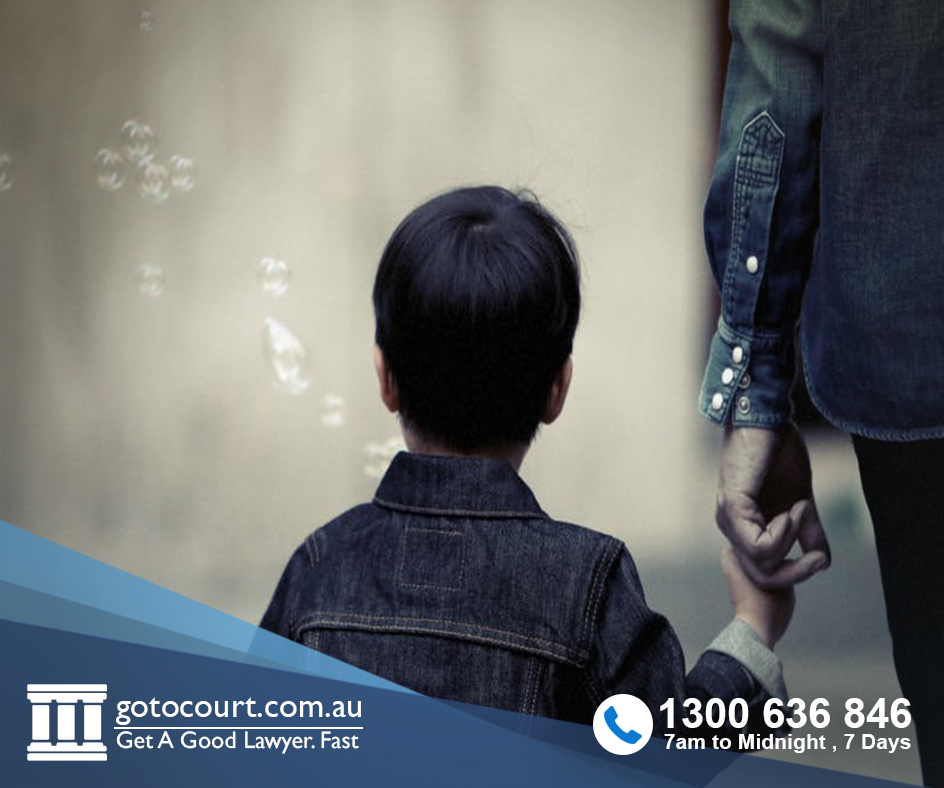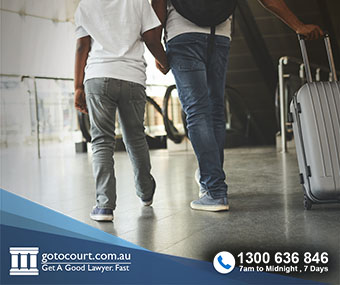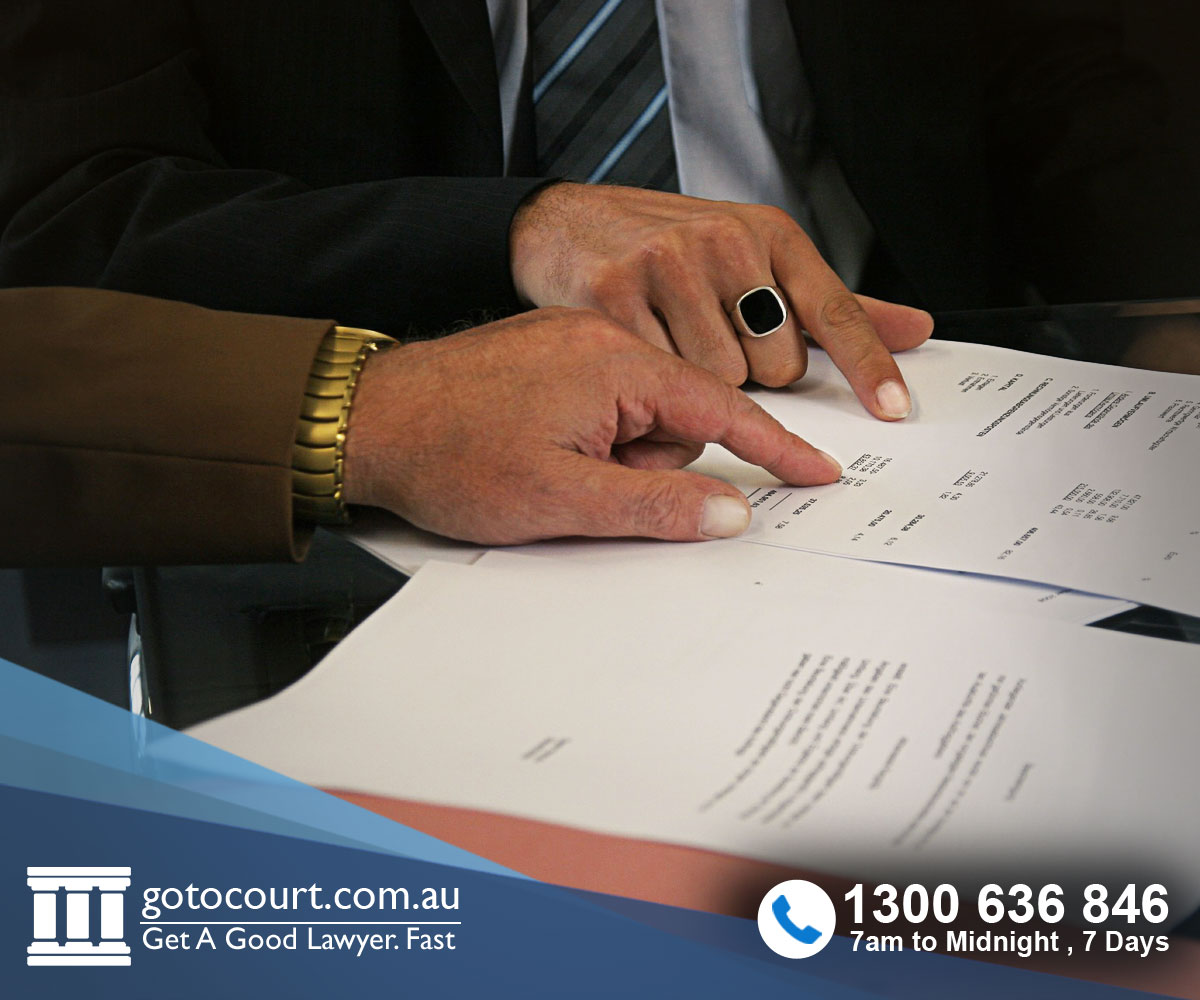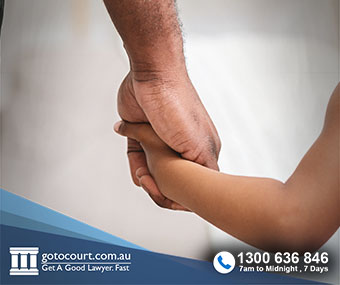Call our lawyers
now
or,
have our lawyers
call you
Subpoenas in Family Law Matters
Updated on Nov 14, 2022 • 5 min read • 493 views • Copy Link
Subpoenas in Family Law Matters
When information is needed from a third party relating to the subject of legal proceedings, a party may issue a subpoena for that information to be provided to the court. There are three types of subpoenas: a subpoena for production, a subpoena to give evidence, and a subpoena for production and to give evidence. Subpoenas are filed with the court registry and served on the person required to produce the information. The subpoena must then be effectively served on all parties to the proceedings.
What can be subpoenaed?
A subpoena can be issued in relation to information relating to any person relevant to the proceedings. Information commonly obtained by subpoena in family law matters includes criminal histories, child protection records, medical records and school records. However, it is not always possible to obtain information by subpoena just because it relates to someone involved in the matter. Courts take a dim view of parties issuing broad subpoenas in a ‘fishing expedition’ aimed at digging up something that will assist their case.
A subpoena must clearly state the ambit of the material being requested. For example, if you are seeking medical records relating to domestic violence assaults, do not request the victim’s entire medical history. Rather, specify the date range and type of records you are after. To ensure you do not miss anything that is relevant, it is good practice to list all the types of documents you want included. In the above example this may be something like, ‘case notes, treatment records, presentations, medications prescribed, reports and referrals.’
A subpoena must identify the person it is being addressed to either by name or by office. For example if you are subpoenaing hospital records from Lady Cilento, the subpoena would be addressed to ‘The proper officer, Lady Cilento Hospital…’
Failure to identify the person responsible for dealing with a subpoena will result in the subpoena being rejected.
How do I fie a subpoena?
The original subpoena must be filed at the Federal Circuit and Family Court of Australia (FCFCA) registry. You must also file enough copies for one to be served on each party in the proceeding as well as the person or organisation being asked to produce material.
Filing fee
A fee of $55 is payable for each subpoena filed. If you are under financial hardship you can submit evidence of your low income (such as a Centrelink pension or concession card) and request that this fee be waived.
Serving subpoenas
If the subpoena requires a person to attend to give evidence, you must arrange for it to be served on the named person by hand at least seven days before they are required to give evidence.
If the subpoena requires the named person to produce information, you must arrange for it to be served by ordinary service at least ten days before the date they are required to produce the material.
Conduct money
Conduct money is money paid to the named person to cover their costs in complying with the subpoena.
When a subpoena requires a person to attend court to give evidence, conduct money must be paid to cover the costs of traveling from their home to the court and a reasonable allowance to cover accommodation and meals during the period of their attendance at court.
When a subpoena requires a person to produce information, conduct money must be paid to cover the costs of identifying, photocopying and collating the material. Different government departments and the police in different states require different amounts of conduct money. It’s a good idea to check with the organisation being subpoenaed as to how much conduct money they require. To expedite the subpoena, you can provide a cheque for the conduct money together with the subpoena when you serve it on the named person. This is a good idea as most organisations will not even begin to collate the material until they have received the conduct money.
What happens next?
Provided a subpoena is filed and served in accordance with the rules and conduct money is paid, the named person must comply with the subpoena. However, the named person may object to producing a document if they consider the document requested is too broad, is irrelevant, or covered by privilege.
Once material has been produced in response to a subpoena, the party who filed the subpoena may file a Notice of Request to Inspect the material. Once leave is granted for parties to inspect the material, each party may make an appointment to view the material.
If a person’s medical records have been subpoenaed, that person may decide to object to the material being disclosed after viewing the material produced.
Parties in family law matters are allowed to issue a maximum of five subpoenas. If a party wants to issue more than five subpoenas, it must seek leave from the court.

Affordable Lawyers
Our Go To Court Lawyers will assist you in all areas of law. We specialise in providing legal advice urgently – at the time when you need it most. If you need a lawyer right now, today, we can help you – no matter where you are in Australia.How It Works







1. You speak directly to a lawyer
When you call the Go To Court Legal Hotline, you will be connected directly to a lawyer, every time.


2. Get your legal situation assessed
We determine the best way forward in your legal matter, free of charge. If you want to go ahead and book a face-to-face appointment, we will connect you with a specialist in your local area.


3. We arrange everything as needed
If you want to go ahead and book a fact-to-face appointment, we will connect you with a specialist in your local area no matter where you are and even at very short notice.























